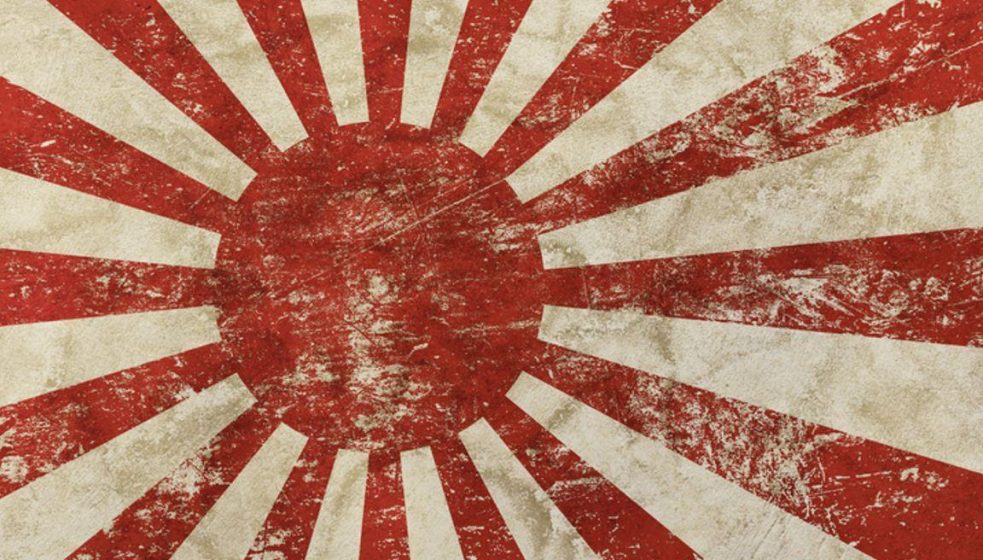
For some members of the American foreign policy facility, the world is permanently stuck in 1938 Munich. Since the Munich agreement and the technique of “appeasement” failed to discourage the start of the Second World War, some scholars have actually concluded that the only thing in between worldwide peace and complete turmoil is the projection of American military strength around the globe. The summertime edition of the Hoover Digest features an post by Hoover Institution senior fellow Victor David Hanson based totally on this facetious canard that is still in some way taken seriously as being the North Star of United States diplomacy.
The essence of this method of thinking hinges upon a certain understanding of how wars begin. Wars begin, Hanson argues, because “innately aggressive cultures and federal governments, megalomania, and the desire for power, resources and empire trigger nations to bully or attack others.” Almost as an afterthought, he adds that “understandings of self-interest are not to be discounted either.” But such understandings are not to be found in the rest of Hanson’s analysis. Rather, Hanson paints a photo of a world filled with basically “bad people” who have little more depth than that of a cliché comic-book supervillain.
Hanson points out the examples of Nazi Germany and royal Japan in World War II as examples of craven powers bent on conquest that believed they could get away with it due to perceived weakness on the part of their enemies. What else could explain powers that were dwarfed by the combined financial and military might of the US, the UK, and the USSR making a run for hegemony?
Well, actually, there are great deals of things that discuss why those states did what they did, and American weak point is definitely not part of it.
Take Japan, for example. Hanson would have us believe that the Japanese were simply too “deluded” to listen to dissenting voices that warned that war with the United States would be futile and just plunged in thinking that “American isolationism throughout the 1930s” was “proof of weakness and timidity.” Had America been “stronger” and not “forecasted weak point,” then obviously they wouldn’t have imagined assaulting us!
Nevertheless, in this manner of thinking contradict history. In his traditional work The Tragedy of Great Power Politics, John Mearsheimer argues that the Japanese were extremely logical in their decision-making that led up to assaulting the US, which it was the subject of a lot of debate and conversation within the Japanese government.
Hanson is ostensibly a historian however just attributes the Japanese drive for local hegemony to their being “innately aggressive.” On the contrary, the Japanese expansion was rather reasonable from their perspective. Mearsheimer mentions historian E.H. Norman, who concluded “that all the lessons of history ‘cautioned the Meji statesmen that there was to be no half-way house between the status of subject country which of a growing and triumphant empire.'” Mearsheimer mentions the testament of Japanese general Ishiwara Kanji, who mentioned throughout his war-crimes trial that when Japan opened its doors (or rather had them forced open by US admiral Matthew C. Perry) “it discovered that all those countries were a fearfully aggressive lot. Therefore for its own defense it took your country as its instructor and set about finding out to be aggressive. You may say that we became your disciples. Why do not you subpoena Perry from the other world and try him as a war wrongdoer?”
Hanson doesn’t even get American history in the lead-up to World War II proper. Far from being “isolationist” in East Asia, the United States was extremely bought including Japan’s growth and diplomatically stepped in many times, which culminated in a financial embargo against Japan in the summer season of 1941 in an effort to keep Japan from joining the German intrusion of the USSR. In Mearsheimer’s words, “the embargo left Japan with two awful choices: cave in to American pressure and accept a considerable diminution of its power, or fight versus the United States, even though an American success was widely accepted be the likely result.”
Instead of American “weakness,” it was America’s strength that permitted the federal government to corner imperial Japan, which in turn triggered their dangerous gamble to combat it out.
This history is necessary to remember when members of the foreign policy establishment, like Hanson, whine and complain that the US is “losing trustworthiness” or “forecasting weakness” for not continuing the eternity war in Afghanistan or not being sufficiently hawkish on China or Iran. Their cartoonish conception of how foreign states act is not supported by history and adds to the United States government’s insane defense expenditures and destructive crusades around the globe.

